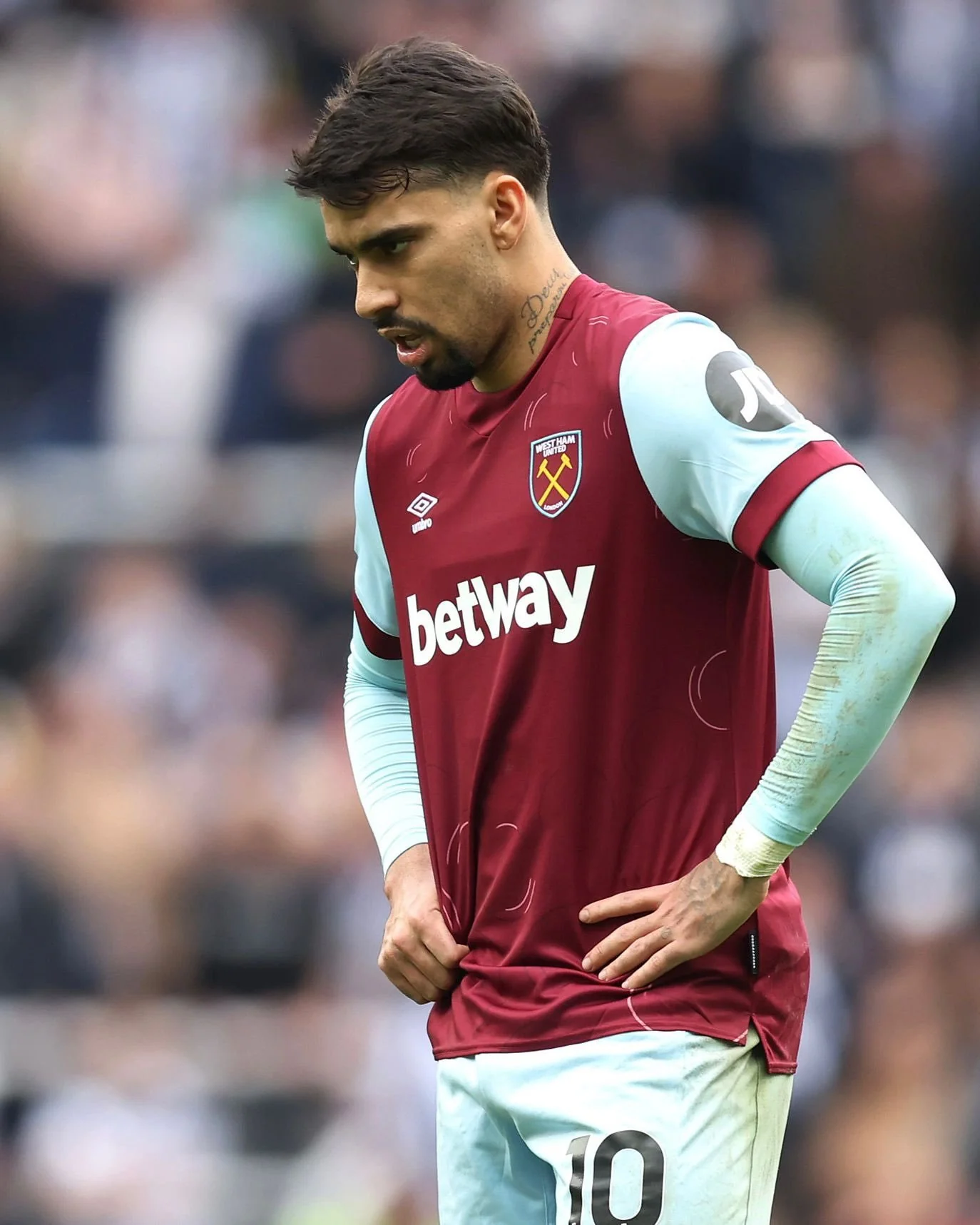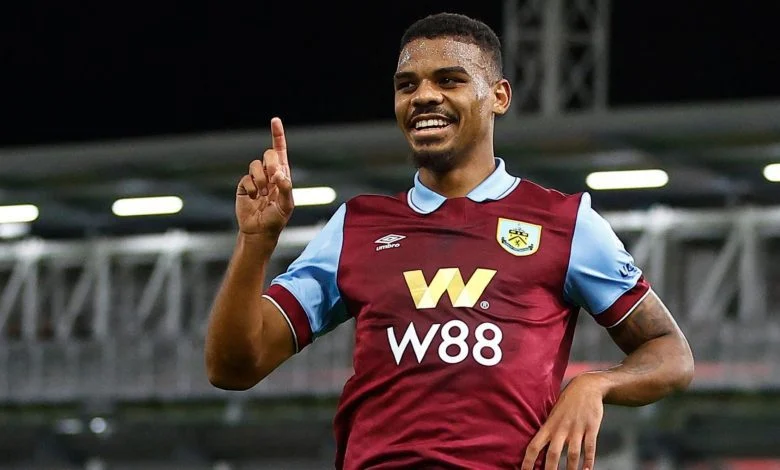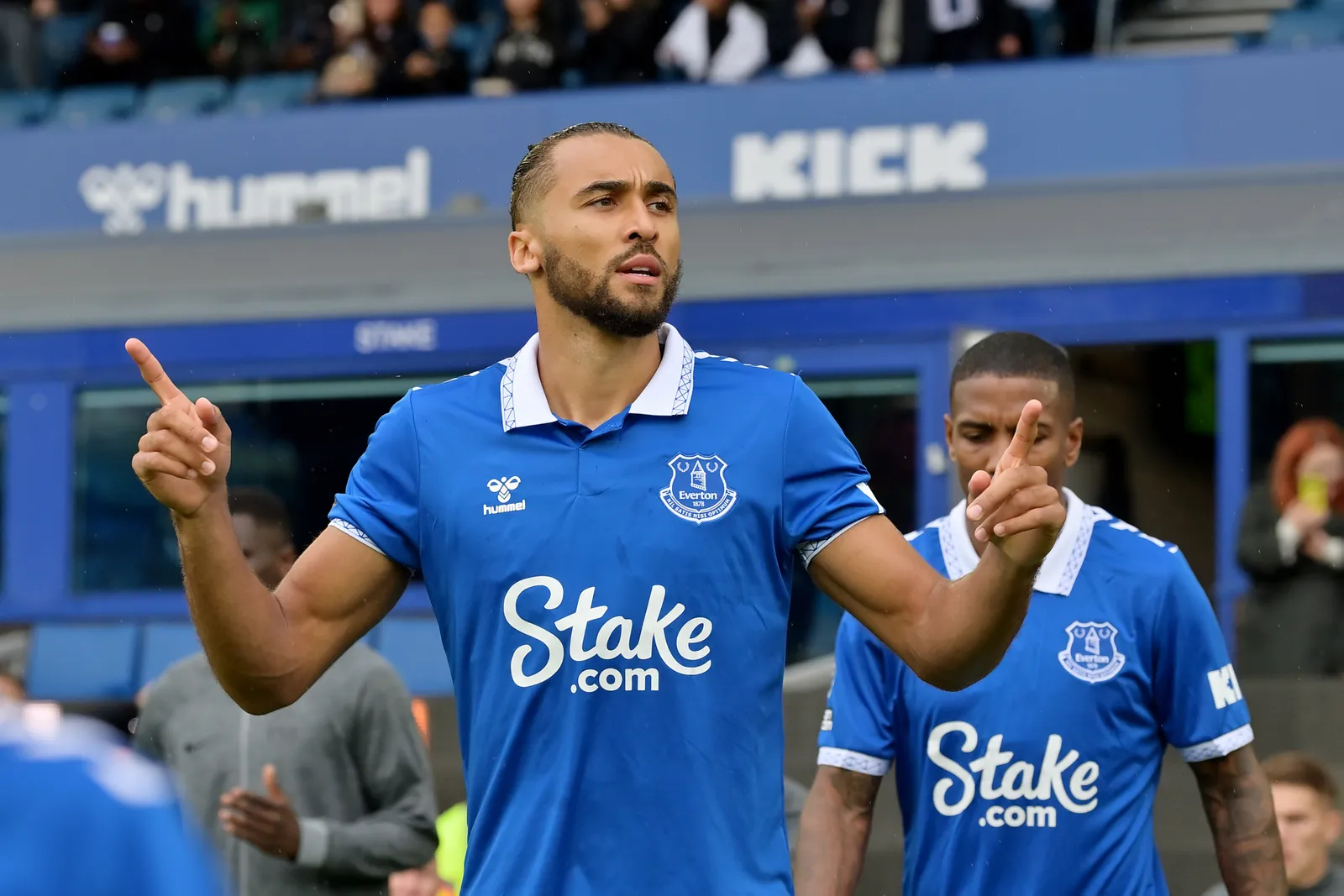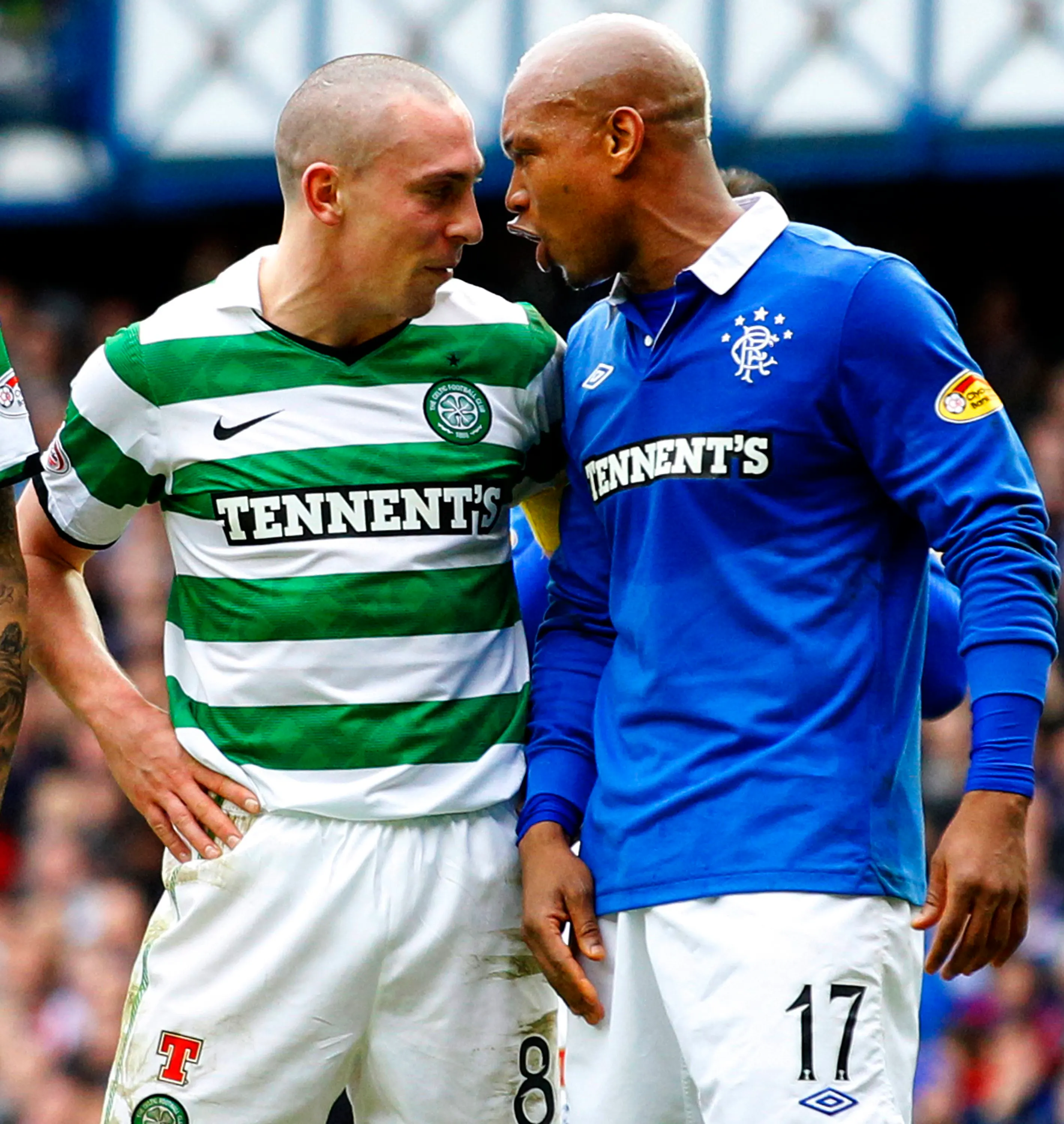Football's tiresome love for gambling
- alfiehayes11
- Jul 18, 2024
- 5 min read
Updated: Sep 17, 2024
One solitary aspect of the Euros I'm relieved to be ridded of is the immense gambling temptation that emerges with major tournaments. An unforgiving fixture list makes room for fantastic, if a little worrying, gambling prospects.
Bet accumulators flaunt life changing money in the face of ridiculous odds. Putting a few quid on correct results can see your money multiply tenfold and that’s before you start messing around with corner bets, throw-ins, and goal scorer markets.
The prospect of winning big encourages millions to regularly gamble on football matches with the hope of profiteering from a hunch. Punters will gamble with winning in mind, yet it also emotionally invests them in the most inconsequential of football matches. With a fiver on the line suddenly Georgia vs Czechia is worth a watch. You’ll be begging Kvaratskhelia to have a pop at goal in precisely the 65th minute, outside the box, whilst on a yellow card.
Beyond the relatively harmless nature of patriotic betting is a sinister underside that’s beset the game over the past few decades. It’s no secret that football has a gambling problem.
Match fixing scandals, betting addiction and football’s widespread reliance on gambling sponsorships has squandered the game’s moral integrity.
We see players, who are so often held in a divine light by fans, frequently succumb to the clutches of gambling. Most recently, Lucas Paqueta, Ivan Toney and Sandro Tonali grabbed the headlines for breaching FA betting regulations and, in some instances, betting on themselves, leading to extensive playing bans.

It's hard to have sympathy for players who have achieved lifelong financial security and have no pressing need to gamble, even if it is to fill an old chum's coffers. What the prevalence of gambling amongst footballers does tell us is how addictive it can be and how it’s encroached on every facet of the game.
Seeing top-flight footballers risk their whole career over, what is for them, pocket change is infuriating, yes, but also incredibly sad. Former players are leading the charge in raising awareness around this pressing issue, however much work is still to be done to remove football from its notoriously addictive nature.
While sports betting is not a new phenomenon, football's commercial dependency on the industry is. The 2005 Gambling Act opened the flood gates for unhinged investment in the sport from extraordinarily wealthy betting firms.
Shirt sponsorships provide clubs with vast revenue streams in return for worldwide brand exposure with yearly packages totalling the tens of millions. Real Madrid’s announcement to partner with HP back in February saw the technology giant become the first ever sleeve sponsor of the club, the deal reportedly worth US$76 million. For this, HP will appear on both the first teams and youth categories sleeves.

It is gambling companies, however, that dominate the front-of-shirt space and expose their subscribers to constant betting temptations. When watching a football match, whatever the league, it is almost impossible to miss the continuous, in-your-face gambling marketing. After all, there can be no better audience to target than half-drunk football nuts.
Numerous Premier League clubs utilise the synonymous relationship between football and gambling and sell their shirt space to exploitative gambling firms.
In the 2023/24 season, for instance, betting brands accounted for 35% of front-of-shirt sponsorship deals. AFC Bournemouth, Aston Villa, Brentford, Burnley, Everton, Fulham and West Ham all capitalised on aggressive rates presented by betting firms that were too good to pass up.
It’s a similar story further down the EFL where clubs depend more and more on gambling sponsorships as they have fewer heavyweight revenue streams to rely on.
In a move to distance football from this, the FA has decreed that front-of-shirt gambling sponsorships will be banned from the summer of 2026.
In lieu of the coming ban, clubs are now looking to fleece this golden goose one final time. Last week, Wolves commenced a new two-year deal with bookmaker Debet worth £5.9 million per year, set to be the most lucrative in the club’s history.
Similarly, Crystal Palace have recently announced a record-breaking deal with Net88, a ‘white label’ Vietnamese company looking for expansion into international markets. This partnership has not come without controversy with Net88 reportedly running markets on cockfighting. Considered a respectable sport in many countries, it remains one of the biggest betting markets in pockets of south-east Asia.
Little is known about ‘white label’ companies like Debet and Net88 who are still yet to finalise their UK websites. They do, however, have UK licensing even if gambling is illegal in their mother countries. This woeful contradiction further highlights the moral deficiencies in football’s depraved state.

The immanent ban of such sponsorships goes some way to alleviate these unhealthy advertisements, however, it all seems a little half hearted. Shirt sleeve sponsorships, pitch side advertising and online promotions lie outside of this new remit. In other words, gambling companies will still be able to subliminally market their services to football fans just in slightly more inconspicuous ways.
For me it represents a slightly hollow ethical restructuring that fails to fully relieve football from its gambling dependency.
The marriage to dubious industries is nothing new to football, and sports in general. It was once beer brands that expunged from football's moral compass with the likes of Carling, Tennent’s, Carlsberg and Chang Lager sponsoring some of the UK’s biggest clubs.
Similarly, in motorsport it was tobacco brands that took centre stage with their advertisements glamorising smoking throughout the manic days of '80s and '90s F1.
The relentless marketing of regulated industries can of course be extremely damning to those in the firing line. Statistics show that gambling addiction amongst football fans is at record levels with high suicide rates adding to this saddening story.
The obtrusive marketing of online gambling platforms can be incredibly harmful to fans, both young and old, especially as overall participation in online-gambling is far higher amongst at-risk gamblers than that of the general population, therein exacerbating the problem.
Loose laws forbidding front-of-shirt sponsorships can only go so far to alleviate this issue. Surely an all or nothing approach is a far more robust solution, although I realise it may take years for smaller clubs to re-structure their sponsorship strategy.
Presently, then, we are coming to the end of the most recent cynical union, albeit very slowly.
We will see the gambling industry eradicated from the game at some point further down the line, but the question is, what will replace it? Probably an equally as questionable industry that will take decades to regulate.
A move to heighten customer awareness surrounding disruptive industries, then, coupled with an eradication of subversive marketing, should help to hinder this positive feedback loop that the game finds itself in.



















Comments